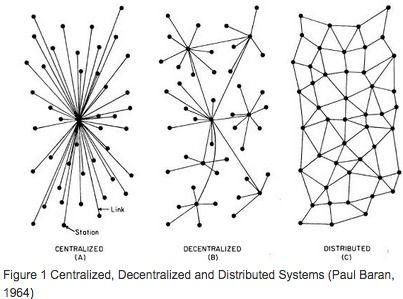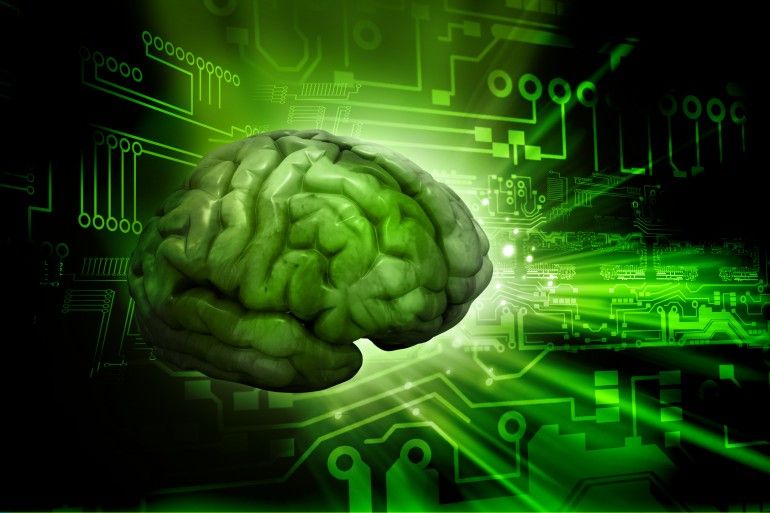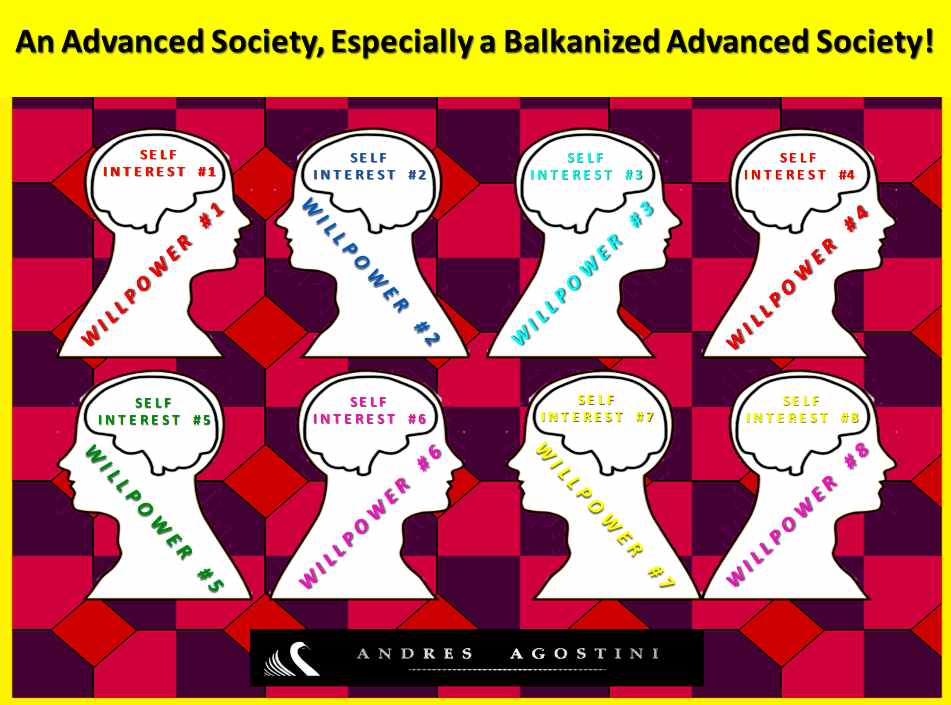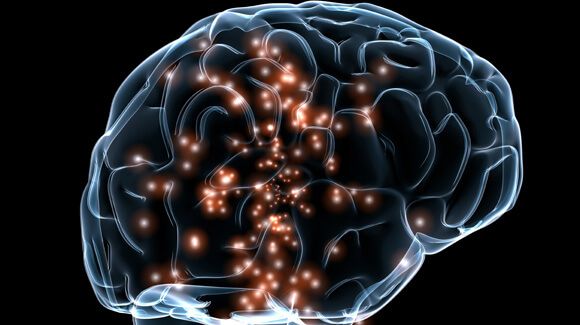Jan 3, 2015
Legal Consulting Firm Believes Artificial Intelligence Could Replace Lawyers by 2030
Posted by Rob Chamberlain in categories: architecture, automation, big data, business, complex systems, computing, cybercrime/malcode, disruptive technology, economics, encryption, engineering, ethics, finance, futurism, geopolitics, governance, government, human trajectories, information science, innovation, internet, law, law enforcement, military, neuroscience, philosophy, policy, privacy, robotics/AI, science, security, software, strategy, supercomputing, transhumanism, transparency
Quoted: “Tony Williams, the founder of the British-based legal consulting firm, said that law firms will see nearly all their process work handled by artificial intelligence robots. The robotic undertaking will revolutionize the industry, “completely upending the traditional associate leverage model.” And: “The report predicts that the artificial intelligence technology will replace all the work involving processing information, along with a wide variety of overturned policies.”
Read the article here > https://hacked.com/legal-consulting-firm-believes-artificial…yers-2030/
 Quoted: “Tony Williams, the founder of the British-based legal consulting firm, said that law firms will see nearly all their process work handled by artificial intelligence robots. The robotic undertaking will revolutionize the industry, “completely upending the traditional associate leverage model.” And: “The
Quoted: “Tony Williams, the founder of the British-based legal consulting firm, said that law firms will see nearly all their process work handled by artificial intelligence robots. The robotic undertaking will revolutionize the industry, “completely upending the traditional associate leverage model.” And: “The 

 We live in world, where technological advances continually allow new and provocative opportunities to deeply explore every aspect of our existence. Understanding the human brain remains one of our most important challenges– but with 100 billion neurons to contend with, the painstakingly slow progress can give the impression that we may never succeed. Brain mapping research unlocks secrets to our mental, social and physical wellness.
We live in world, where technological advances continually allow new and provocative opportunities to deeply explore every aspect of our existence. Understanding the human brain remains one of our most important challenges– but with 100 billion neurons to contend with, the painstakingly slow progress can give the impression that we may never succeed. Brain mapping research unlocks secrets to our mental, social and physical wellness.











